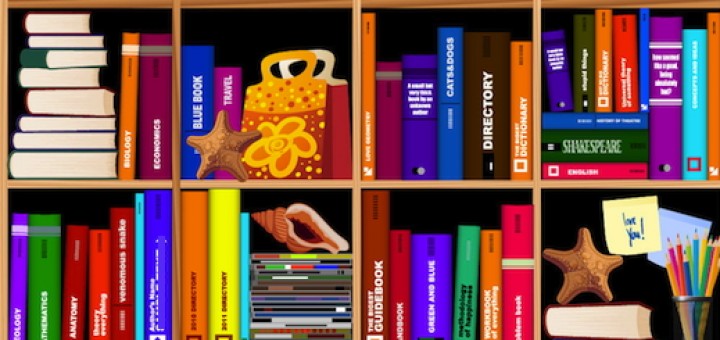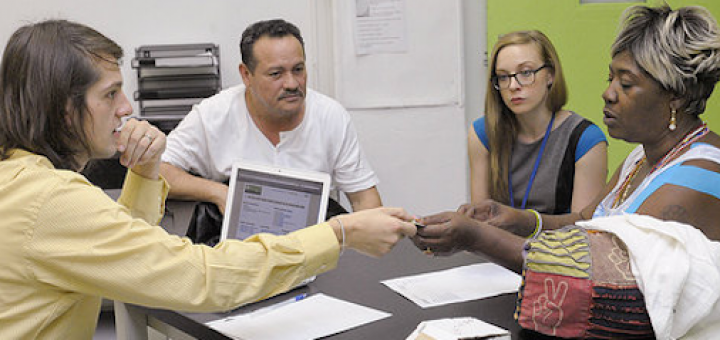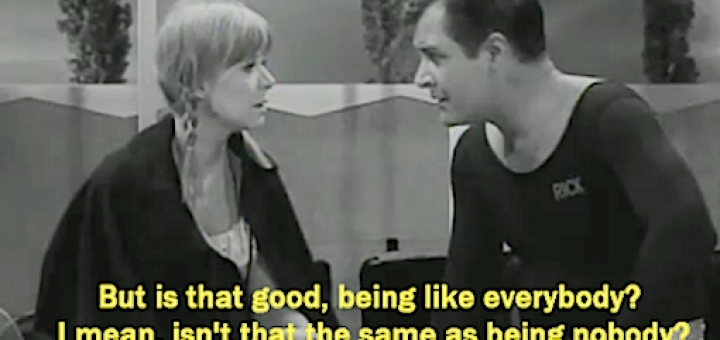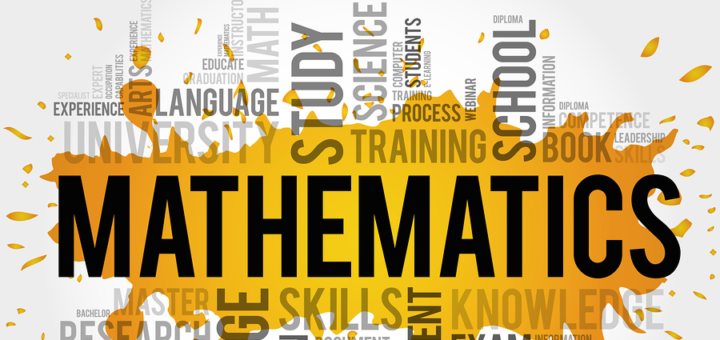Teaching and learning in grades 4-8
Thematic text sets that tap into the social worlds and narrative driven lives of adolescents can spark “unstoppable learning,” say literacy educators Katie and Chris Cunningham, who share several text-set examples and a 10-step process for building your own.
“Renewable Energy: Discover the Fuel of the Future,” packs in activities & learning for teachers and students. STEM coordinator Emily Anders says it’s “a must-have resource” for teachers who want to add project learning to their lessons on energy sources.
Adam Sáenz and Jeremy Dew link relationship building to its impact on fulfilling our calling as educators. The authors invite readers to reflect on how they connect and set boundaries to best use energy. Well worth the read, says Laura Von Staden.
Learning needs to become active and stay that way. Ron Nash’s 2nd edition of “From Seatwork to Feetwork” explains how teachers can let go of traditional teaching methods and shift to student-directed classrooms, says educator and writer Mary Langer Thompson.
Today’s history students need to include evaluation, analysis, and synthesis in writing assignments, going well beyond the traditional reporting of facts. Shara Peters and Jody Passanisi share their methods for helping students improve their writing skills.
“Groupthink” can happen if team members are afraid of the consequences of sharing their real thoughts and feelings. When divergent thinking is left of of the school improvement discussion, writes leadership coach Elena Aguilar, positive and lasting change isn’t likely to occur.
Involving parents and families in a partnership with schools has a positive impact on students. What can principals do to ensure the partnership is sustained, vibrant and diverse? Ron Williamson and Barbara Blackburn suggest strategies to build connections.
Whole-class novel study is one curricular tradition that’s taken a huge beating in the last several years, writes ELA teacher Cheryl Mizerny. But not in her classroom, where Cheryl works to balance indepth novel study with student book choice and read-alouds.
With plentiful humor Gerald Aungst shows how to address math problem solving in powerful and realistic ways, helping students become innovative mathematical thinkers. Middle school math resource teacher Maia Fastabend plans to revisit his book frequently.
Writing comes alive in Paula Bourque’s book “Close Writing: Developing Purposeful Writers.” Bourque supports her strategies for engaging youngsters in writing, revising and editing with classroom stories, study guides, and videos, says teacher Linda Biondi.






































